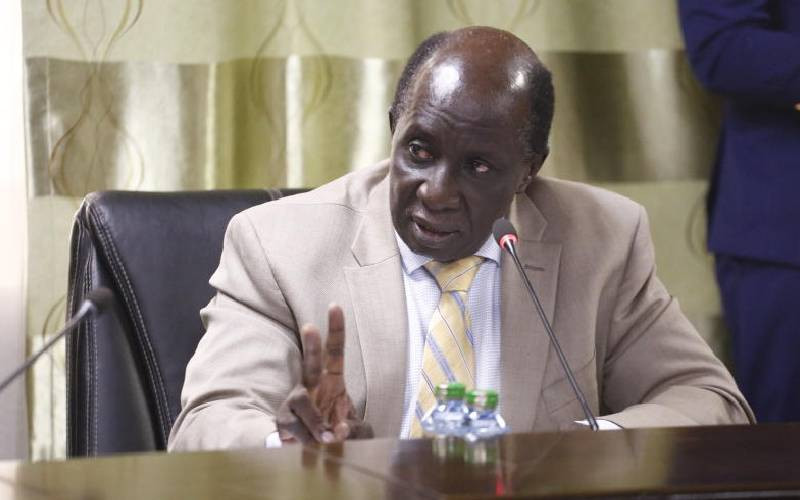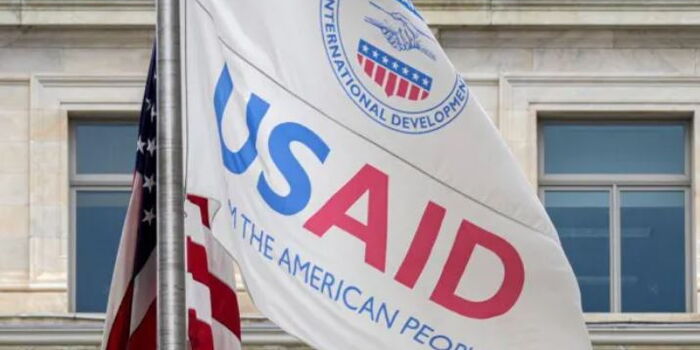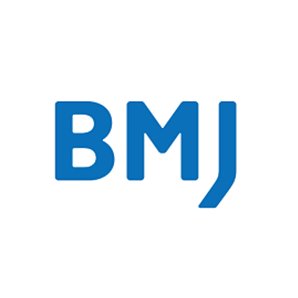State seeks Sh47b to sustain health programmes amid US funding cuts

An estimated Sh47 billion in additional funding is needed to support major health projects under the Department of Medical Services, following a sharp decline in donor aid.
The funds will cover critical areas including HIV, family planning, vaccine supplies, Universal Health Coverage (UHC) workers, Tuberculosis and health workforce needs.
The National Assembly’s Health Committee, chaired by Seme MP James Nyikal, has recommended allocating Sh4.27 billion in the 2025/26 budget to HIV, family planning and vaccines commodities.
The committee noted that this amount is additional to government counterpart funds under the GAVI and UNICEF programmes.
Following the US government’s freeze on strategic funding, Nyikal said the department will need an extra Sh33.9 billion to cover HIV, Tuberculosis, and human resources for health requirements.
“The funds will cater for HIV, TB and human resources for health requirements following the USG funding freeze,” the committee stated.
He noted that procurement of key commodities for HIV, Family Planning, and Vaccine programmes has faced repeated budget cuts, especially during supplementary budgets, hindering progress toward targets.
This underscores the need to ring-fence these strategic programme funds during budget reviews. With donor funding steadily declining, increased government counterpart funding is essential.
The health committee recommended an additional Sh4.27 billion in the 2025/26 budget to support vaccines and family planning commodities under the GAVI and UNICEF programmes.The committee revealed these budget recommendations to the Budget and Appropriation Committee, chaired by Samuel Atandi, just a week after the Ministry of Health defended its budget cuts for the next financial year.
Nyikal also revealed that contracts for over 8,500 Universal Health Coverage (UHC) workers expire this month, requiring an additional Sh4 billion in the 2025/26 budget for their stipends.
After talks between the Ministry of Health and the Council of Governors, it was agreed that the UHC workers’ payroll and budget will be transferred to county governments starting July 1, 2025.
“The UHC workers need Sh5 billion for gratuity after their contracts end. An additional Sh3.8 billion will be needed to confirm staff on permanent and pensionable terms. The national government has committed to providing these funds in the 2026/27 financial year,” Nyikal said.The health committee also made recommendations on the Managed Equipment Services (MES) project.
Following discussions between the National Government and the Council of Governors, it was agreed that county governments must start a transparent process to install equipment under the National Equipment Service Programme (NESP).
The MES programme has pending bills of Sh6.5 billion from May 2022 to July 2023, which are delaying the onboarding of NESP, as installed MES equipment cannot be decommissioned without proper allocation.
Nyikal added that, as of April 30, 2025, the Kenya Medical Supplies Agency (KEMSA) had a 55.55 percent order fill rate and an average turnaround time of 16.5 days.
To improve the order fill rate to 100%, the Ministry of Health and KEMSA are seeking a Sh10 billion Letter of Credit (LC) from Kenya Commercial Bank (KCB).
“The LC from KCB will guarantee payment to suppliers upon delivery of Health Products and Technologies (HPTs), ensuring availability of drugs in public health facilities,” the committee noted.
However, the Ministry and KEMSA could not provide details on the fees KCB will earn from the agreement.
Meanwhile, Nyikal noted that the Spinal Injury Hospital, classified as a Level 6 facility, has been designated a Semi-Autonomous Government Agency (SAGA) by the State Corporation Advisory Committee (SCAC).









